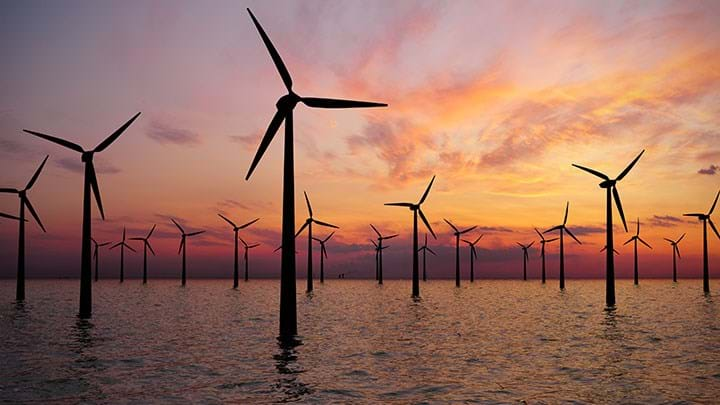Taskforce suggests recommendations to digitally unite energy sectors

THE OFFSHORE Energy Data Strategy (OEDS) Taskforce has in a new report, set out a series of recommendations to digitally unite the offshore oil, gas and renewable sectors, in a bid to help the UK achieve net zero carbon emissions by 2050.
Faced with the need to speed up the deployment of clean energy sources, whilst reducing emissions across all existing manufacturing, construction, operational and decommissioning endeavours, Net Zero Technology Centre (NZTC), Offshore Energies UK (OEUK), and the North Sea Transition Authority (NSTA), set up the Taskforce in September 2021 to encourage a modern, digitalised and integrated sector to meet these challenges head on.
The Taskforce was run by Energy Systems Catapult (ESC) and Offshore Renewable Energy (ORE) Catapult, and has brought together a range of participants, including The Crown Estate (TCE), Crown Estates Scotland (CES), and the Technology Leadership Board (TLB) to join the collaborative effect.
As part of the strategy, the Taskforce has made three strategic recommendations and four workstream recommendations that build upon key themes developed in the influential Energy Data Taskforce that was run by Energy Systems Catapult during 2019.
The three “strategic” recommendations that address the areas of policy and regulation, tools and infrastructure, and digitalisation, include: unifying data principles; delivering a common data toolkit; and driving cross-sector digitalisation.
This latter recommendation involves coordinating digitalisation efforts to enable efficient investment and capture cross-sector requirements, the Taskforce says.
Its four “workstream” recommendations on the other hand, represent high-level opportunities to address key issues, containing proposals for projects or initiatives.
These involve enabling whole system planning; advancing data coordination; leveraging asset data; and offshore emissions data for net zero.
Interoperability, the reuse of existing data and standardised data-sharing agreements to manage risks, are seen as principal elements to the workstream recommendations.
“It’s vital that all parts of the energy sector work closely together so that we can accelerate the transition to net zero. Significant advancements in data and digitalisation will play a crucial role in enabling us to decarbonise as fast as possible,” Yonna Vitanova, Senior Policy Analyst at RenewableUK, said. “Sharing data unlocks opportunities to build a more efficient system and to drive down costs for consumers. That’s why the work of the Taskforce is so important – their key recommendations provide a pathway for us to achieve our clean energy goals.”
For further details on the recommendations, the Taskforce’s report can be viewed here.
Recent Editions
Catch up on the latest news, views and jobs from The Chemical Engineer. Below are the four latest issues. View a wider selection of the archive from within the Magazine section of this site.




